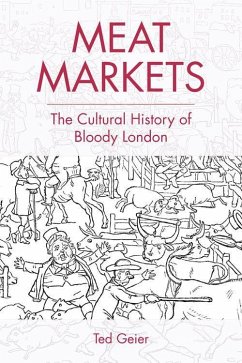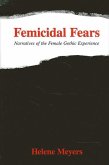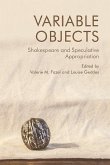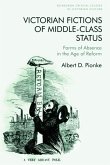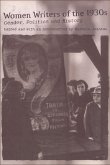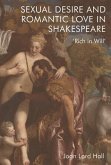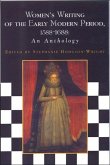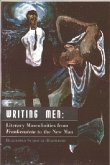'Meat Markets tells a haunted and haunting story, tracing the intertwined abjection of animals, human and nonhuman, in the nineteenth-century British metropole. Geier's prose crackles with a sumptuous energy, quickened throughout by the call to do justice to life and the living amid the squalor and death of a blood-soaked biopolitical world of which we are the inheritors.' David L. Clark, McMaster University, Hamilton, Canada Abjective ecologies of British humans, animals and other nonhumans in cultural forms of nineteenth-century literature, from Dracula to Bovril Meat Markets articulates the emergent 'nonhuman thought' developed across literatures of the long nineteenth century and inflecting recent critical theories of abject life and animality. Presenting important connections between meat and popular serial press industries, the book examines the intersections of criminals and public readership, and the long history of bloody spectacle at London's Smithfield Market including public executions, criminal escapades, death and horror tales, and the fungible 'penny press' forms of mass consumption. Through analysis of subjection, address and narration in canonical and penny literatures, this book reveals the mutual forces of concern and consumption that afflicted objects of a weird cultural history of bloody London. Players include butchers, Smithfield, Parliament, Dickens, Romantics, Sweeney Todd, cattle and a strange, impossible London. Ted Geier is Assistant Professor of Communication Arts at Ashford University and Lecturer in American Studies at UC Davis. He is the author of Kafka's Nonhuman Form: Troubling the Boundaries of the Kafkaesque (2016). Cover image: Victorian cartoon of Smithfield Market, London (c) Linda Steward/iStockphoto Cover design: [EUP logo] edinburghuniversitypress.com ISBN 978-1-4744-2471-4 Barcode
Hinweis: Dieser Artikel kann nur an eine deutsche Lieferadresse ausgeliefert werden.
Hinweis: Dieser Artikel kann nur an eine deutsche Lieferadresse ausgeliefert werden.

